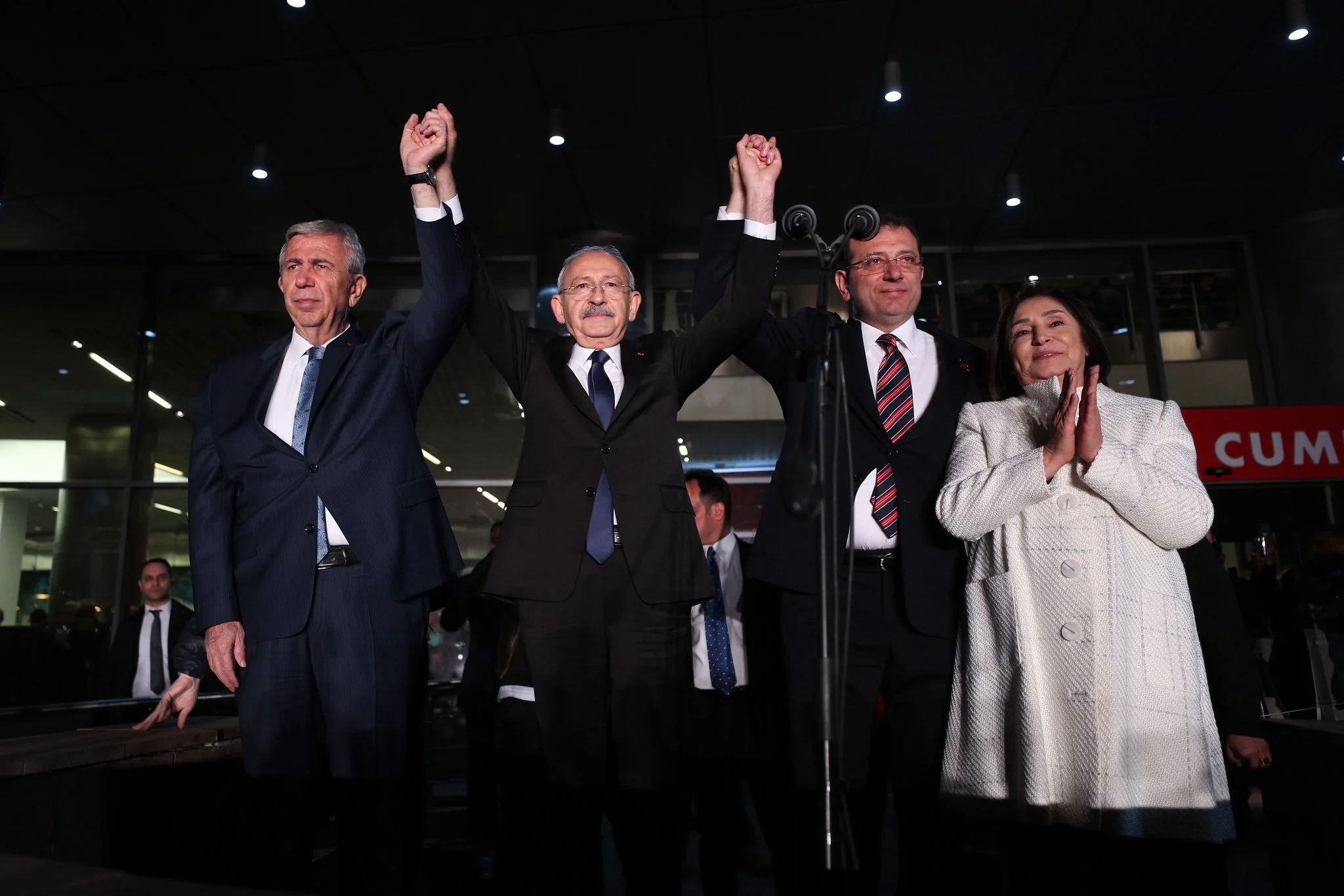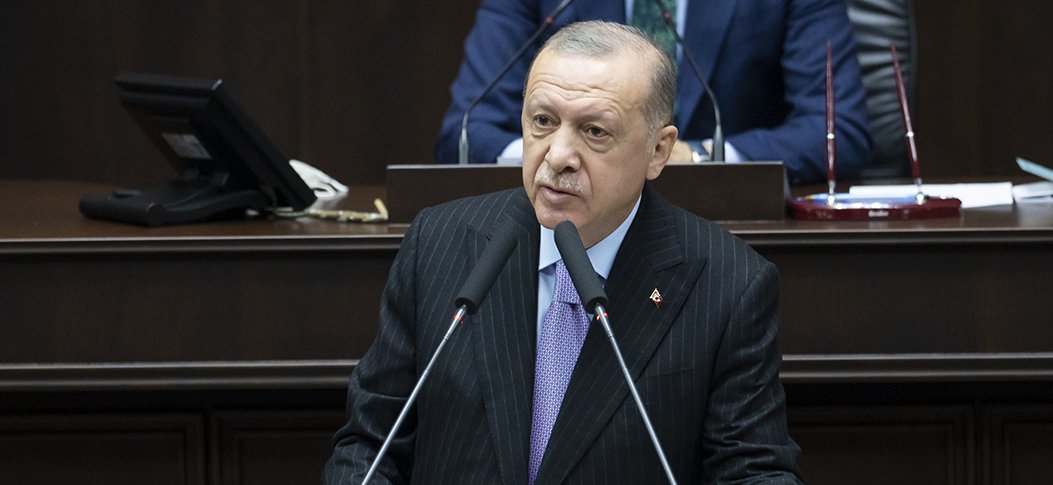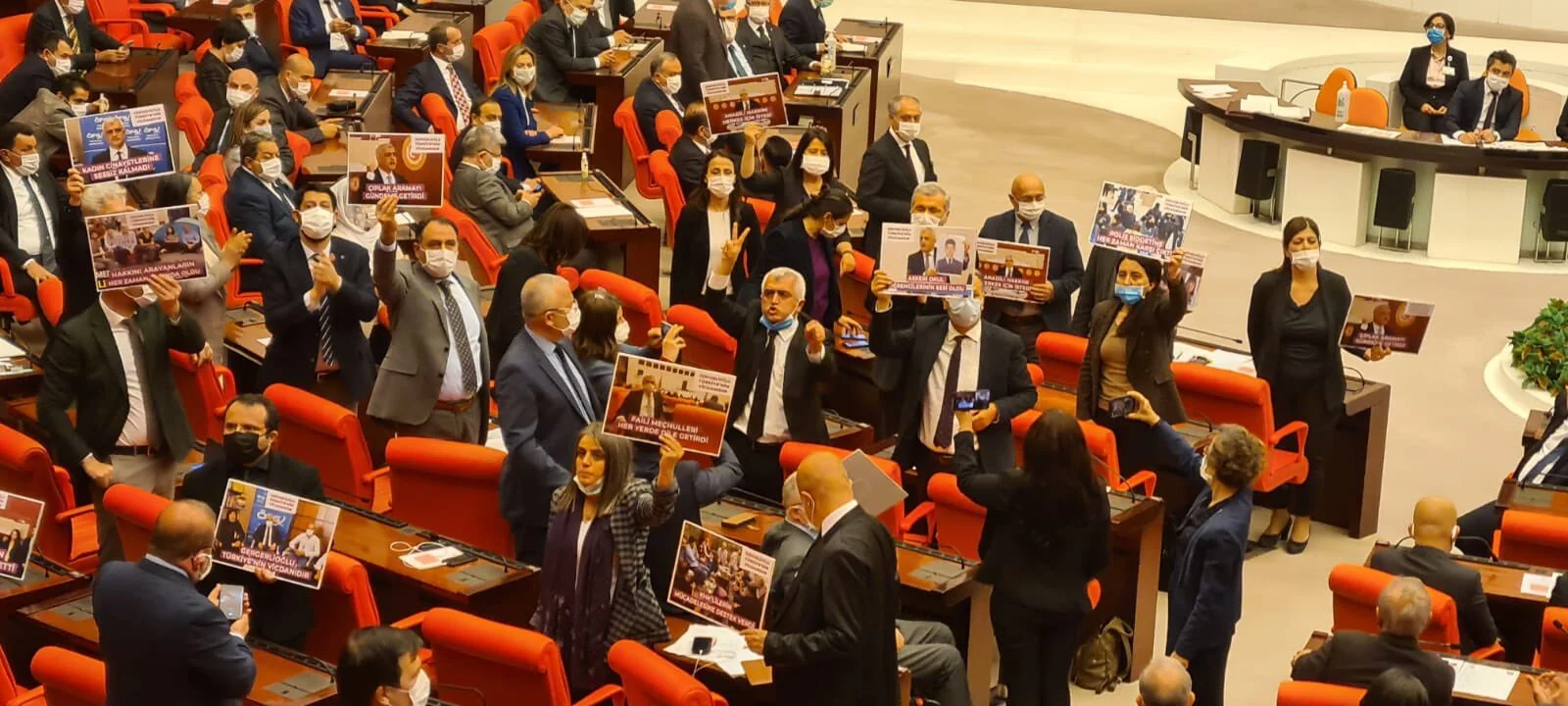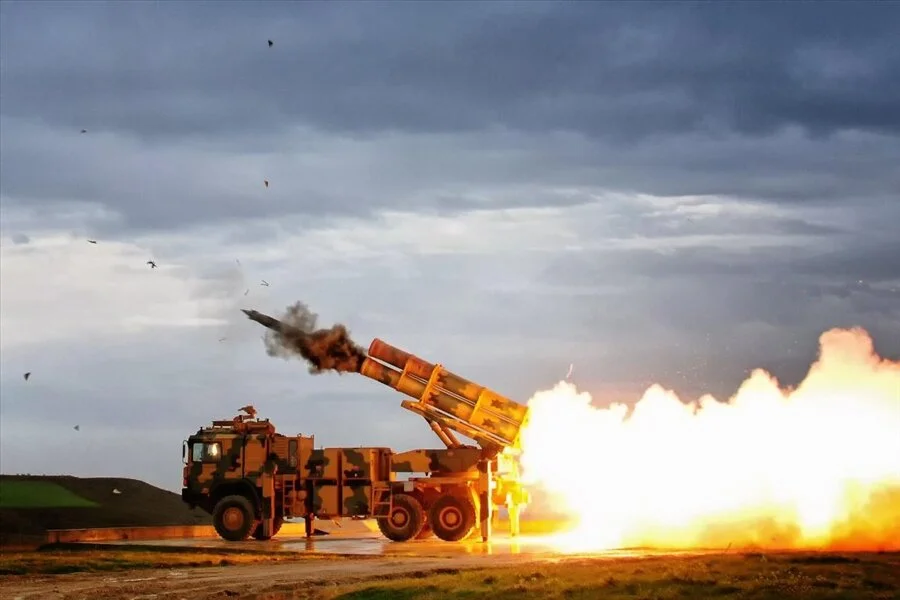Risk. Diligence. Monitoring.
At RDM Advisory, we believe that the best business decisions are made at the intersection of these three pillars. Based in London, RDM Advisory is a political risk and corporate intelligence consultancy specializing in Turkey, the EMEA, and CIS regions.
We support leading companies and institutions worldwide as they navigate the complexities of doing business in these challenging environments, helping them mitigate regulatory and reputational risks.
Leveraging decades of regional expertise and well-established networks, our team conducts ethical, comprehensive, and timely investigations. Our local analysts bring in-depth knowledge of OSINT and HUMINT to each engagement.
To learn more about our services and hear from our clients, please explore the sections below: Risk, Diligence, Monitoring.
due dılıgence
· Integrity, ESG and anti-corruption-focused, source-based investigations;
· Third-party and supply chain due diligence;
· Litigation support services and asset tracing;
· Employment screening and background checks.
POLITIcal & strategıc rısk
· Political risk consultancy and bespoke country risk assessments on key political and sectoral actors, events and changes in Turkey, the EMEA and CIS;
· Strategic communications and advisory, including message development, crisis communications and reputation management;
· Market research and business consultancy for the UK and Turkey.
monıtorıng
· Post-transaction monitoring and evaluation with qualitative and quantitative research and analysis;
· Crisis and conflict monitoring;
· Regular monitoring of political, economic and security events in Turkey and the EMEA through newsletters and publications, such as Turkey Monitor and Turkey/MENA Pundit.
Insights
MEMber
REGISTERED SUPPLIER
















Despite finishing ahead, President Erdogan faced the greatest electoral challenge of his political career on 14 May and conceded to a runoff for the first time in Turkish history. Although his chances looked brighter than the opposition’s Kilicdaroglu before the second round on 28 May, both contenders appear to be limited by the uncontested winner in Turkey’s elections: ultranationalism. Will Kilicdaroglu’s change of heart be enough to turn the tide? Or will Erdogan’s newfound allies carry him to a second-round victory and extend his rule into a quarter century?